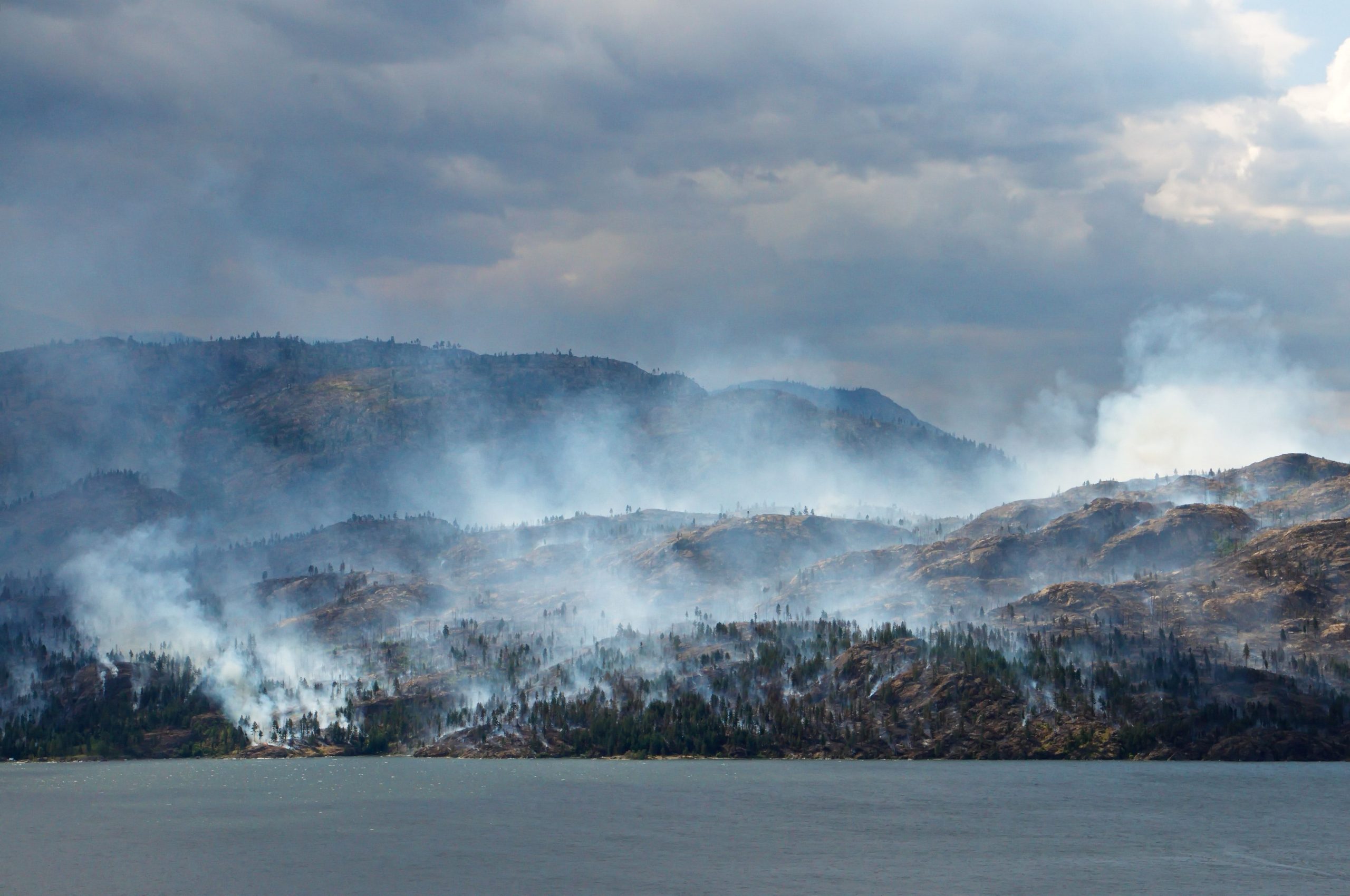The wildfires in the Pacific Northwest have caused Seattle and Portland to endure the world’s worst air quality. This normally green region is experiencing very poor air quality, which has put many daily tasks on halt.
During the night, Seattle and Portland ranked 1st and 2nd respectively in the global ranking of places with poor air quality, according to IQ air. IQ air is a Swiss company that measures air pollution.
On Wednesday afternoon, Puget Sound Clean Air Agency urged the residents of the area to stay indoors.
A relief from this calamity is shortly expected, as a storm is expected to move through Seattle and the Cascade Mountain range, which would result in rainfall on Thursday, Friday and Saturday.
Also Read| Can Delhi breathe easy this Diwali?
Belt Creek Fire is responsible for the smoke near Seattle. It has burned around 14,000 acres to Seattle’s east. First reported on September 10 in the north of Skykomish, it was 41% contained on Thursday, according to officials.
Nakia Creek Fire, which is closer to Portland, was 23% contained. It burned around 2000 acres, the officials said. It was first reported on October 9 in Camas, Washington.
Due to this, sports and other outdoor activities in the area of Pacific Northwest have been called off. Three cross county meets involving teams from Portland public schools were cancelled on Wednesday.
Also Read| 2 students injured in shooting outside Jefferson High School, Portland
According to a September study by Stanford University researchers, air pollution from wildfires has been increasing and getting extreme with every year.
“The number of people who experienced a day with unhealthy air quality rose 27-fold over the last decade,” the study says.
The Western region remains the worst sufferer, where there has been a constant increase in air pollution levels.
Scientists are particularly concerned about increases in the concentration of fine particles under 2.5 micrometres in diameter. These particles can enter deep into the lungs and the bloodstream, which can cause several health issues like asthma, lung cancer and chronic lung diseases. It tends to affect the elderly, children and pregnant people more often.







